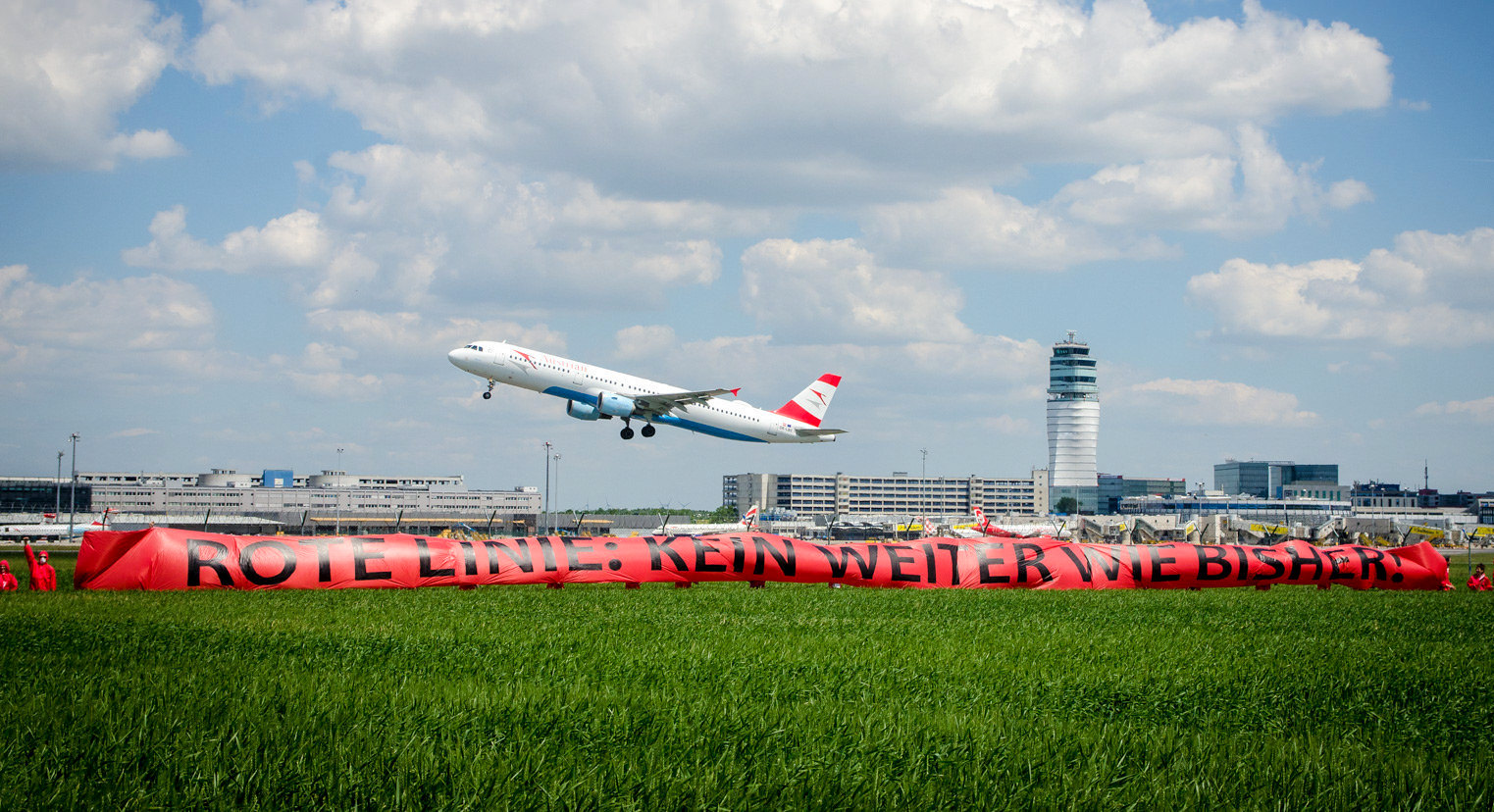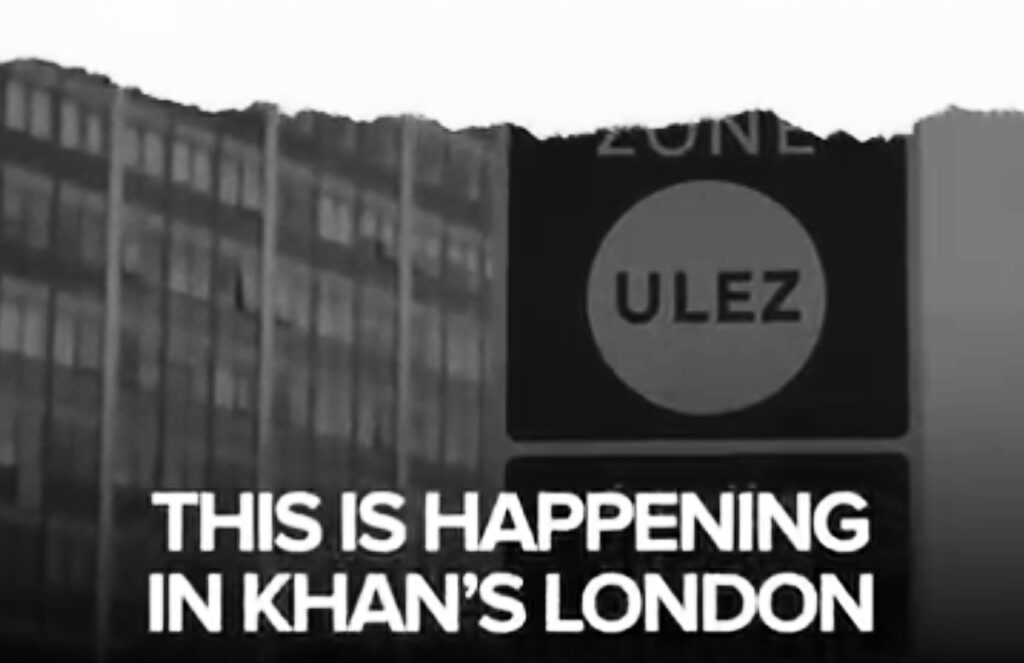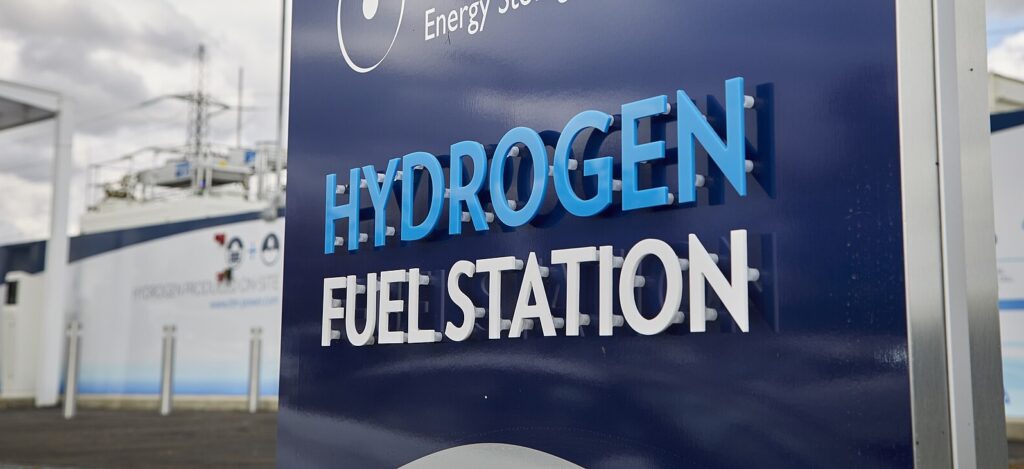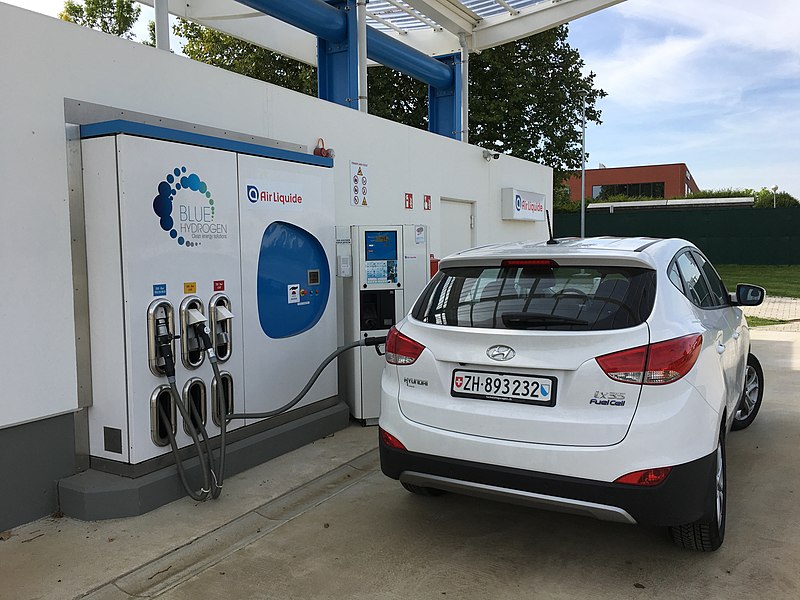Any public money used to bailout airlines must ensure that workers and the climate are put first, says an open letter backed by over 250 organisations in 25 countries.
The campaign, launched yesterday by the Stay Grounded network, is urging governments to avoid rushing into bailouts which lack social and environmental conditions or proper protection for workers.
Instead, the “unintended pause” in aviation should be used to build a climate-safe transport sector and create resilience for future crises, the letter says.
Like what you’re reading? Donate to DeSmog today!
The letter is accompanied by a petition that topped 30,000 signatures from individuals within a day of launching.
The aviation industry has lobbied against attaching green strings to government bailouts arguing the priority should be on saving the industry rather than obliging them to take climate measures.
“We are definitely in an emergency situation because of COVID19 but we will slide into the next emergency situation if we don’t act now,” Magdalena Heuwieser from the Stay Grounded network told DeSmog. “The climate crisis is as real as COVID.”
The letter is supported by Greenpeace International, UK climate change charity Possible, several initiatives against airport expansion, and many local groups under umbrella organisations such as Extinction Rebellion, Fridays For Future and Friends of the Earth.
It is also endorsed by trade union the Public and Commercial Services Union (PCS), which represents some UK aviation sector workers.
In a statement, Tahir Latif from PCS said a “real living basic income” for workers should be prioritised over corporate bailouts and called for public ownership of transport systems and a just transition for workers.
Leo Murray, director of innovation at Possible, told DeSmog that blank cheques to CEOs and shareholders of companies that are “frankly bad corporate citizens” should not be an option.
“The entire global economy has had the rug pulled from under it by Covid-19 and public bailout money must prioritise taking care of people first, with any state support for private companies geared to deliver public interest goals like limiting global warming to levels humans might safely cope with.”
Red Lines
In the letter, the groups set out three key demands for governments providing public money to avoid “a return to business-as-usual” after the Covid-19 pandemic.
First, financial assistance must ensure workers are supported with strong labour and health protections as well as a real living basic income during the crisis, the letter says.
Second, governments must ensure aviation aligns with a 1.5C trajectory – which means reducing air travel. “The emission reductions must be absolute and not employ dubious accounting mechanisms, such as offsets, nor rely on biofuels that harm the environment, food security and land rights.”
Finally, the groups call for a halt to tax exemptions for the aviation industry. Instead, airlines should be obliged to pay tax on kerosene fuel, while fair and progressive levies should be put into place on frequent flying.
Read more — ‘No Time for Requirements’: Aviation Industry Lobbying Against Green Strings in Coronavirus Bailouts
“Airlines had not paid almost any taxes in the last decades and had really countered any contribution,” Heuwieser told DeSmog. “We say that it’s now also unfair to just give taxpayer-backed bailouts without any conditions, and that airlines have to pay their fair share at least after the crisis.”
Environmental groups have been campaigning for years for governments to put a tax on the large amounts of fuel used in flights – one of the most energy intensive forms of travelling. A petition launched last year asking EU governments to begin taxing aviation fuels from 2021 has reached 95,000 signatures. Last month, the EU Commission launched an impact assessment on aviation fuel taxation.
Paying fair share
As the letter was published yesterday, reports emerged of an “aggressive” lobbying campaign by a major airline trade body for new government measures to counter the impacts of coronavirus on the aviation industry.
Measures proposed by the International Air Transport Association (IATA) include an immediate reduction of all charges and taxes, a delay of rises in taxes or charges for 6 to 12 months, and new government funds to help airlines restart or maintain routes.
Meanwhile, a letter from an Emirates airline executive to New York’s port authority seen by UnEarthed reveals the airline is pushing all tax increases to be deferred until 2022 – well beyond even IATA’s demands.
IATA is also pushing for the baseline for an international offsetting programme established under the UN to be changed due to the impact of coronavirus measures on aviation. The agreed Corsia scheme should see airlines offsetting any growth in emissions from 2021, based on the average emissions for 2019 and 2020. But IATA is pushing for only 2019 to now be used as a baseline, which would lessen the emissions that need to be offset once activity begins to rise again.
Andew Stevens, a spokesperson for IATA, told DeSmog: “The aviation industry remains committed to [its] emissions targets and has not in any way used the campaign for financial aid from governments to water down that commitment”.
Budget airline EasyJet has also secured a £600 million loan from the UK Treasury and Bank of England’s emergency coronavirus fund.
The airline has grounded its whole fleet due to coronavirus measures and become embroiled in a dispute with its founder and principal shareholder, Sir Stelios Haji-Ioannou, over his demands it cancel a multi-billion pound order for 100 new Airbus jets.
Murray said the bailout does not appear to be part of any dedicated aviation sector deal, meaning he is “not too concerned yet”. However, it “clearly doesn’t come with any of the guarantees for workers or the planet we are calling for.”
Mel Evans, climate campaigner for Greenpeace UK, was highly critical of the deal.
“The government seems to have handed EasyJet a sweetheart loan of £600million, despite its founder Stelios Haji-Ioannou trousering £60m in dividend payments just last month,” she said in a statement. “And this was after the coronavirus crisis had already hit.”
“We have now lost a major opportunity to change one of the economy’s more environmentally backward sectors. This is not a time to be publicly subsiding billionaires whilst undermining action on equality and environmental pollution.”
Image credit: Stay Grounded/Public Domain
Subscribe to our newsletter
Stay up to date with DeSmog news and alerts







